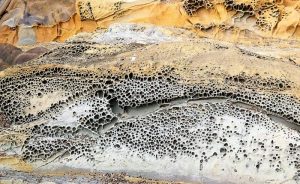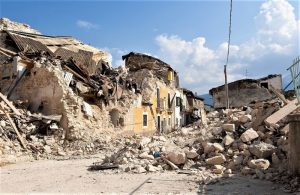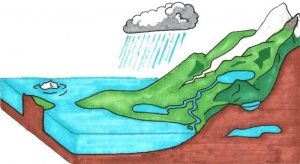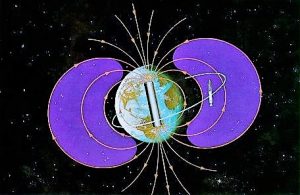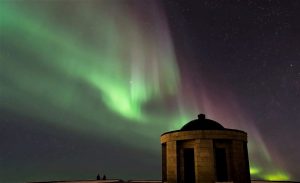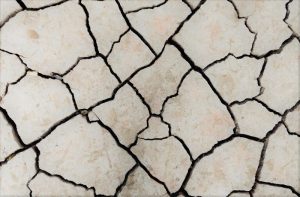Weathering
The rocks, minerals and soils found in the earth can usually change their structure through the action or influence of certain environmental forces. Biological activity, extreme climate and erosion agents such as water, wind and ice are examples of environmental forces that influence continuous decomposition, wear and tear, and rock and soil detachments. This set of situations is called weathering. So, we can say that, weathering is the process in which rocks or soils dissolve or wear into smaller and smaller pieces, a situation that is caused by different particular environmental factors, such as those mentioned above. In geological terms, it is defined as the disintegration of rocks influenced by animal and plant life, water and atmospheric forces in general.
What is weathering?
Weathering is the decomposition of rocks on the Earth's surface, through the action of rainwater, wind, snow, and extreme changes in temperature and biological activity.
About weathering
Weatherization is the process of disintegration and decomposition of rocks that exist on the earth’s surface as a result of different atmospheric and biological agents. It also involves a series of different chemical reactions.
Process
Weathering processes are those that contribute to changes in the materials that make up a material. When the materials of the earth’s surface, specifically the rocks in this case come into contact with the atmosphere, the hydrosphere and the biosphere, there is a process of decomposition of both, rocks and minerals that make them up, generating a series of irreversible changes and producing changes in the volume, density and size of the particles. These processes can be physical-mechanical, chemical or biological.
Types
Weathering can occur in three different forms: physical, chemical and biological.
- Physical: consists of the degradation that occurs in rocks in smaller fragments, but this change does not affect their nature. They usually occur as a result of sudden changes in temperature. When temperatures change constantly between day and night, this type of weathering also occurs. There are several types of physical weathering, for example: decompression, thermoclasty, gelifraction, haloclasty.
- Chemistry: in this case there are alterations in the chemical composition of the rocks, transforming them into completely different The main responsible for this type of weathering is water. There are changes in the color of the stones due to the different compositions. Chemical weathering comprises several phases: oxidation, dissolution, carbonation, hydration and hydrolysis.
- Biological: it is produced merely by the action that human beings exert on Earth’s rocks. Some animals and living beings also play an important role, so, for example, the animals that dig the soil may crumble the rocks to form caves, and the roots of plants and trees as they grow, fracture the rocks, changing their shape.
How it differs from erosion
The difference between erosion and weathering is that erosion is a wear that occurs on the surface of the earth through the action of different external phenomena, erosion has different origins that act at the same time to achieve the process, and often come hand in hand with human activity such as deforestation, misuse of agriculture, droughts, bad public works and climate change; and weathering is the decomposition and disintegration of rocks by means of atmospheric and biological phenomena that includes the possibility of chemical alterations of the rocks and the minerals that form them in search of equilibrium.
Causes
There are several causes that lead to weathering, some of them are:
- External geodynamics: this action occurs on the earth’s surface when the atmosphere, hydrosphere and biosphere produce alterations in the rocks, transforming them, changing the landscapes and creating different geomorphological structures.
- External geological processes: these are a set of changes and transformations that rocks have on the earth’s surface, such as erosion, transport and sedimentation.
- External biological agents: they are linked to the atmosphere, e.g. water, rain, temperature. As there are great changes in these components, there are enormous transformations in the chemistry of the rocks.
Consequences of weathering
The main consequences of weathering are soil erosion causing alterations in human activities and ecosystems, alterations in the chemical composition of rocks, rock fissures, changes in the landscapes of the earth’s crust.
How to cite this article?
Briceño V., Gabriela. (2019). Weathering. Recovered on 3 January, 2025, de Euston96: https://www.euston96.com/en/weathering/
